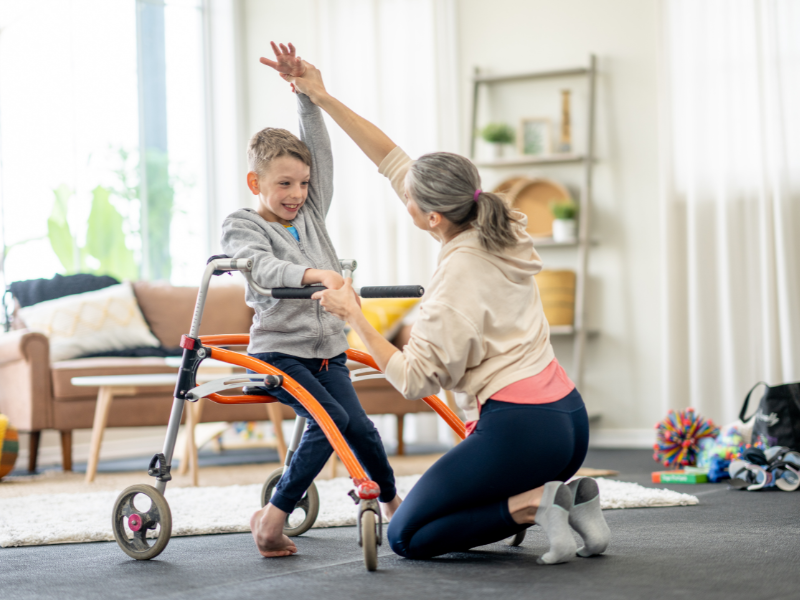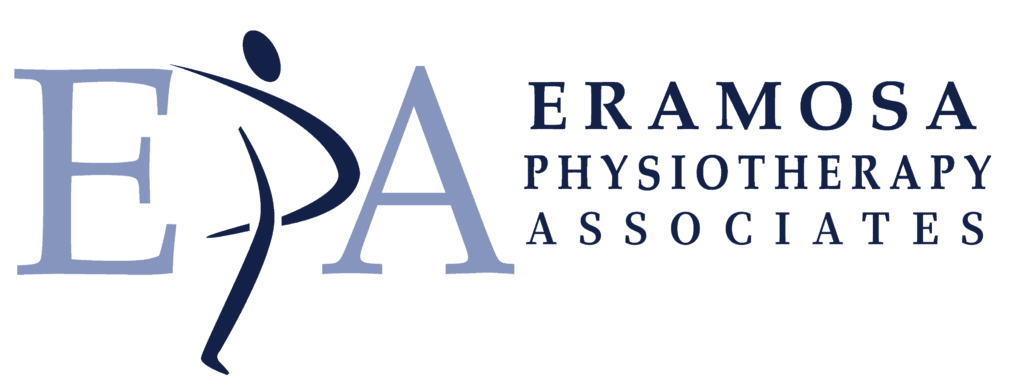Developmental Coordination Disorder


Key Characteristics of Developmental Coordination Disorder
- Motor Skill Deficits: Significant delays in achieving motor milestones and performing age-appropriate tasks.
- Clumsiness: Frequent tripping, dropping objects, and bumping into things.
- Difficulty with Fine Motor Skills: Challenges with tasks requiring hand-eye coordination, such as writing, cutting with scissors, or buttoning clothes.
- Poor Handwriting: Often slow and illegible handwriting due to fine motor control issues.
- Difficulty in Learning New Motor Tasks: Struggle to learn and retain new motor skills or sequences.
- Coordination Issues: Problems with both gross and fine motor coordination.
- Impact on Daily Activities: Significant impairment in performing everyday activities and participating in play or sports.
Role of Physiotherapists in Managing Developmental Coordination Disorder
Physiotherapists (PTs) are integral in the assessment and management of DCD. They use evidence-based interventions to improve motor skills, enhance functional abilities, and support the child’s overall development. Here’s how they help:
- Assessment and Diagnosis:
- Motor Skills Evaluation: PTs conduct detailed assessments of a child’s motor skills to identify specific deficits.
- Functional Assessments: Evaluating how motor skill difficulties impact daily activities and participation in school or play.
- Intervention and Treatment:
- Motor Skill Training: Tailored exercises to improve specific motor skills, such as balance and coordination.
- Task-oriented Interventions: Engaging the child in meaningful activities that target the development of motor skills, such as playing catch, jumping, or balancing on one foot.
- Strength and Conditioning: Exercises to enhance muscle strength, endurance, and overall physical fitness.
- Education and Support:
- Parental Guidance: Teaching parents strategies to support their child’s motor development at home, including play activities and daily routines.
- School Collaboration: Working with teachers and school staff to create an accommodating environment and integrate motor skill development into the classroom.
- Monitoring and Progress Evaluation:
- Regular Follow-ups: Tracking the child’s progress over time and adjusting the intervention plan as needed.
- Collaborative Care: Coordinating with other healthcare professionals, such as occupational therapists and speech therapists, to ensure a holistic approach to treatment.
Techniques and Tools Used by Physiotherapists
- Balance and Coordination Exercises: Activities like balance beams, obstacle courses, and jumping tasks to improve coordination.
- Gross Motor Skill Development: Exercises like running, jumping, climbing, and throwing to enhance overall motor abilities.
- Fine Motor Skill Enhancement: Tasks such as bead threading, puzzles, and arts and crafts to improve hand-eye coordination.
- Functional Play: Using play-based approaches to make therapy engaging and effective, integrating motor tasks into games and activities.
Conclusion
Physiotherapists play a crucial role in helping children with Developmental Coordination Disorder by providing tailored interventions that enhance motor skills, improve functional abilities, and support overall development. Through comprehensive assessment, individualized treatment plans, and collaborative care, PTs enable children with DCD to achieve greater independence and participate more fully in daily activities.


